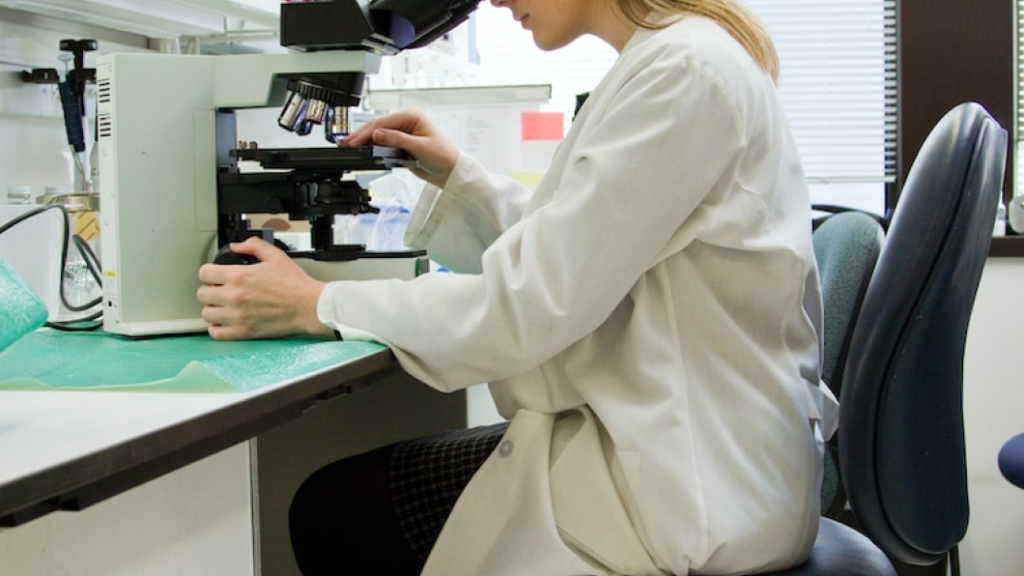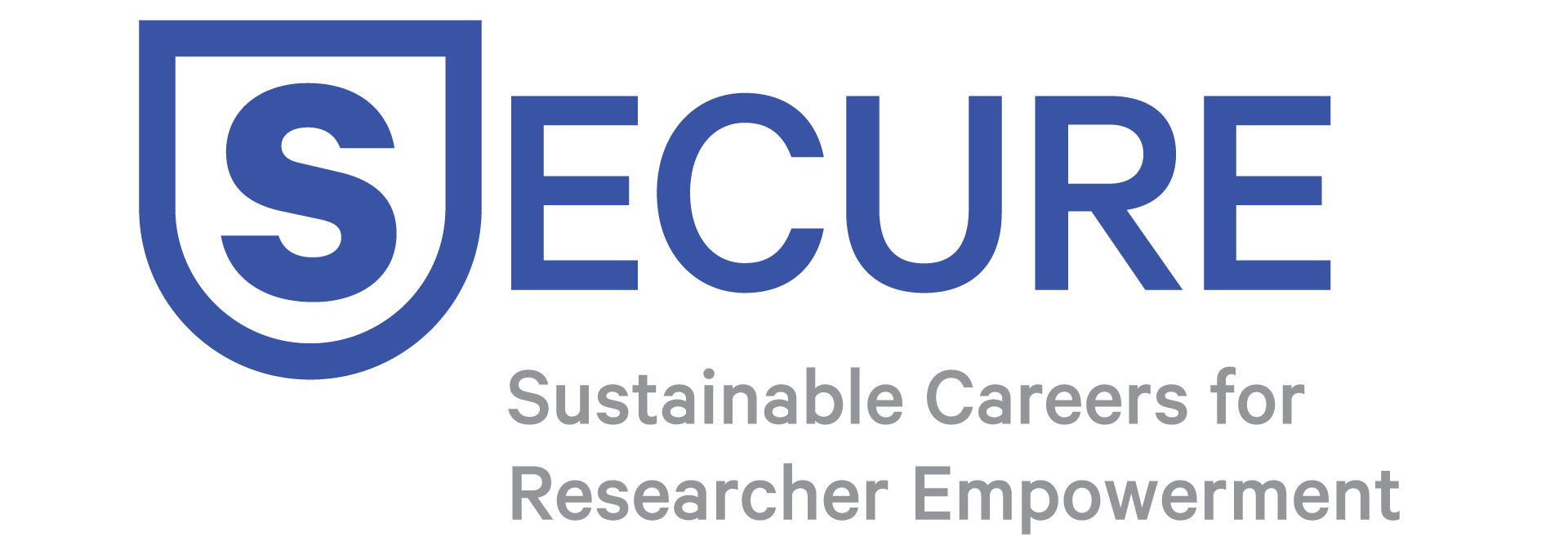
ABOUT

SECURE – Sustainable Careers for Researcher Empowerment
The SECURE project is an EU-funded project implemented by a consortium of eighteen organisations led by The Oceanic Platform of the Canary Islands (PLOCAN). In the span of two years (January 2023 – December 2024), the project will focus on improving research careers and reducing career precarity.
Researchers are the heart of research and are fundamental contributors to knowledge economies in Europe. They conduct research, foster innovation, develop new products and services, and address societal challenges. They form an integral part of the labour market providing a skilled and talented workforce across all sectors of society.
Researchers, however, face a multitude of challenges in their careers, including the scarcity of funding and fierce competition for available grants and positions, a lack of permanent employment opportunities with a preponderance of temporary contracts. Recruitment and progression systems that are focused on publishing in high-impact factor and prestigious journals, precarious employment conditions, inadequate professional development opportunities, and limited support for transitioning to jobs and careers outside of academia. These challenges not only have a detrimental impact on the well-being of researchers, but also pose broader implications for research and innovation in Europe.

The Sustainable Careers for Researcher Empowerment (SECURE) project will build on existing policies and recommendations for improving research careers. SECURE will develop coordination and support measures to create, trial, implement, and mainstream a common Research Career Framework (RCF) that offers a suite of options to support organisations in the recruitment, employment, training, development, progression, and mobility of researchers with the aim to improve research careers and reduce career precarity.
SECURE will deliver:
State-of-the-Art of existing literature and initiatives on research career frameworks and tenure track-like models.
Research Career Framework (RCF) that integrates existing policies and recommendations on research careers, including the new Council Recommendations on a European Framework to Attract and Retain Research, Innovation, and Entrepreneurial Talents, the revised Charter and Code, the revision to the European Skills, Competences, Qualifications, and Occupations (ESCO) classification, and the new European Competence Framework for Researchers.
Tenure track-like (TTL) models that build on existing best practices and offer a range of TTL model options with legal, financial, and administrative recommendations for implementation.
Consultations with the stakeholder community to gather feedback and refine the RCF and TTL models.
Trials to test aspects of the RCF and TTL models in trials in four RPOs (namely Plocan, UCY, UNIRI, and UNL), one RFO (namely UEF), and one recruitment agency (namely ADOC).
Mainstreaming plan, policy briefs, and a summit and policy roundtable to mainstream the RCF and TTL models and drive uptake by the stakeholder community.
Objectives of SECURE
Collective aim of the SECURE project partners is to improve the attractiveness and reduce the precarity of research careers.

Objective 1: Develop a comprehensive Research Career Framework integrating relevant existing policies
The RCF will offer a comprehensive suite of options to organisations employing researchers to improve the attractiveness of research careers, reduce career precarity and recognise key career transition points. The RCF will integrate existing policies and recommendations including the revision of the Charter and Code, revision of ESCO, new European Competence Framework for Researchers, and upcoming Council Recommendations on a European Framework to Attract and Retain Research, Innovation, and Entrepreneurial Talents.

Objective 2: Develop a range of tenure track-like models integrating best practices from existing use cases
The TTL models will offer a variety of TTL models to support organisations employing researchers in the implementation of TTL models. The TTL models will integrate existing policies and recommendations as well as feedback from interviews with selected best practice organisations on funding schemes, recruitment, employment, training, development, and progression for researchers that are employed in TTL models.

Objective 3: Conduct trials at organisations to implement, test, and refine the Research Career Framework
The trials will implement aspects of the draft RCF including TTL models at RPOs, an RFO, and a recruitment agency selected to test the practicality of and refine the RCF. Scoping exercises will map the RCF onto existing activities and integration plans will propose how to adopt the RCF at trial organisations. Action plans of selected activities from integration plans will steer the trials which will be monitored and evaluated

Objective 4: Engage research stakeholders for co-design and validation of the Research Career Framework
The RCF and TTL models will be developed and refined in stages in collaboration with the trial organisations and external stakeholders. The trial organisations representing key stakeholders in the community will play a crucial role in developing and testing the draft RCF and TTL models. Best practice organisations that have implemented TTL models will be interviewed to gain deeper insight and develop the TTL models. The stakeholder community will lastly be consulted widely on the draft RCF and TTL models.

Objective 5: Mainstream the Research Career Framework through EURAXESS, policy briefs, and a summit and policy roundtable
SECURE will mainstream the RCF including the TTL models among the research stakeholder community. The mainstreaming will involve developing a strategy for promoting the RCF primarily throughout the EURAXESS network, developing policy briefs promoting the RCF and key aspects of the RCF, and organising a closing summit and policy roundtable for the stakeholder community on the RCF.

- State-of-the-Art on Research Career Frameworks *
- State-of-the-Art on Tenure Track-Like Models *
- Initial Policy Briefs for feedback for EC *
- First Draft of SECURE Research Career Framework *
- Report on Consultation on SECURE RCF (Month 15)
- SECURE Research Career Framework (Month 21)
- First Draft of SECURE TTL Models *
- Report on Consultation on SECURE TTL Models (Month 15)
- SECURE Tenure Track-Like Models (Month 21)
- Action Plans to Implement SECURE RCF
- Report on Trials to Implement SECURE RCF (Month 21)
- Mainstreaming Plan for SECURE RCF (Month 21)
- Career Framework (Month 24)
- Report on Summit and Policy Roundtable Promoting SECURE RCF(Month 24)
* The deliverable has not yet been reviewed or approved by the European Commission.


